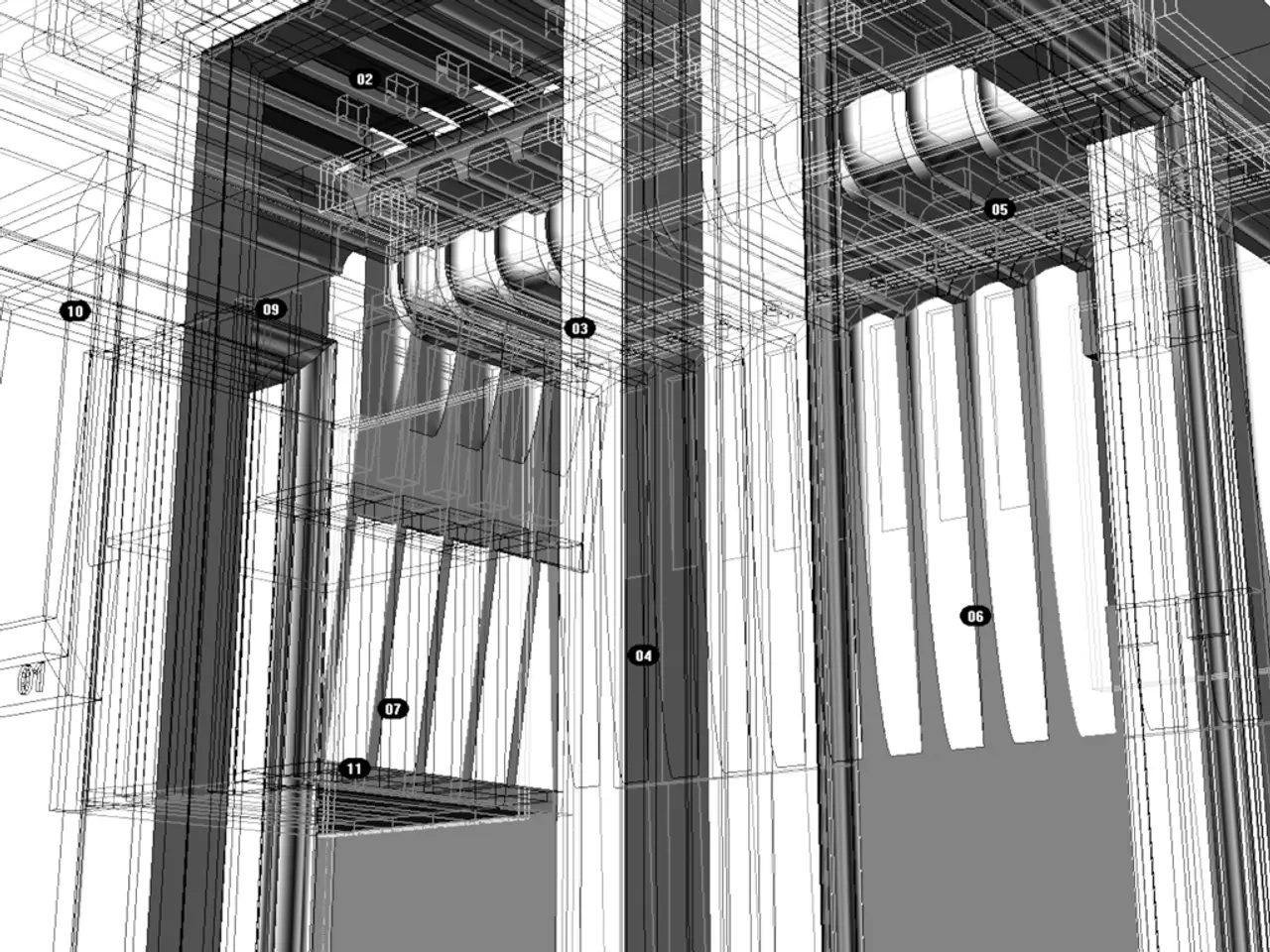Streamlined grant distribution Q&A in Mecklenburg-Western Pomerania, state's undertaking - Government of The Land streamlines aid distribution process in MV
The state government in Schwerin is making significant strides in simplifying the process of accessing subsidies for municipalities, associations, and businesses in Mecklenburg-Vorpommern (MV). This transformation is driven by a package of measures aimed at making the grant system more digital, transparent, and user-friendly.
According to Finance Minister Heiko Geue, the cabinet decided on Tuesday to implement these measures. The current grant system in MV is characterized by an excess of regulations, forms, and individual processes, which often make it difficult for applicants to navigate.
The new measures focus on providing more digital application options without the need for manual signatures on forms. This shift is expected to save time and provide more oversight, benefiting not only applicants but also the administration due to increased efficiency.
One of the key aspects of these measures is the strengthening of the installment payment principle. This will allow for automatic and quicker disbursement of grants in many cases, further streamlining the process.
To further standardize, clarify, and accelerate grant processes in MV, a grant toolkit with sample texts and standard formulations will be introduced. This toolkit is expected to help the administration to set up programs faster and more clearly.
Spot checks based on standardized criteria will replace full controls, helping to relieve the administration. A new website on the government portal will consolidate all important information about the state's grant system, making it easier for applicants to find what they need.
The goal of these measures is less paper, more clarity, and ultimately more impact. The state government aims to make the grant process more user-friendly, reducing the barriers that applicants currently face.
In addition to these local measures, MV is also a member state implementing the Strategic Technologies for Europe Platform (STEP) regulation. This coordinated EU funding framework aims to facilitate faster, more targeted, and flexible investment, especially benefiting municipalities, associations, and businesses.
Under the STEP regulation, 11 existing EU programs will be coordinated under one framework to streamline application processes and reduce fragmentation. The regulation also offers enhanced incentives and flexibility for Member States to redirect EU funding towards priority sectors, including for municipalities and businesses.
The STEP Portal and STEP Seal quality label provide user-centric access tools to increase visibility and simplify the grant application and allocation process. A network of national contact points (NCPs) in cooperation with the European Commission will help local and regional stakeholders navigate and apply for funding effectively.
The state benefits from increased co-financing rates of up to 100% for specific priorities and earlier pre-financing payments to accelerate project implementation. This coordinated and digitalized approach significantly simplifies accessing subsidies by reducing bureaucratic hurdles and making funding procedures more transparent and quicker, thus supporting economic development in Mecklenburg-Vorpommern more efficiently.
In conclusion, the state government's efforts to simplify the grant system in MV, coupled with the benefits of the STEP regulation, are set to make a significant impact on the region's economic development by making it easier for applicants to access subsidies in a quick and transparent manner.
The state government's new measures in Schwerin focused on simplifying the grant system will not only offer digital application options but also strengthen the installment payment principle, aiming to provide more aid for the development of Mecklenburg-Vorpommern's regions and businesses by reducing bureaucratic hurdles. As a member state implementing the STEP regulation, MV will also benefit from a coordinated EU funding framework, providing enhanced incentives and flexibility for municipalities, associations, and businesses, further streamlining access to aid for regional development.




